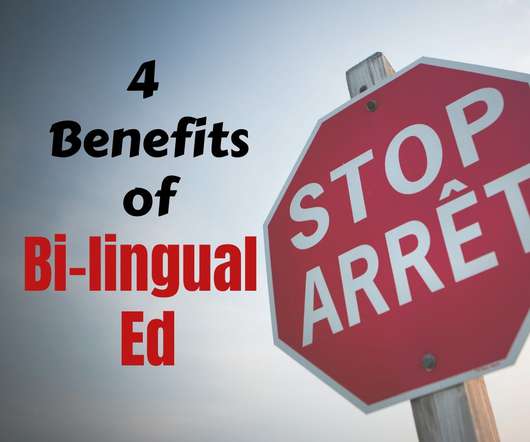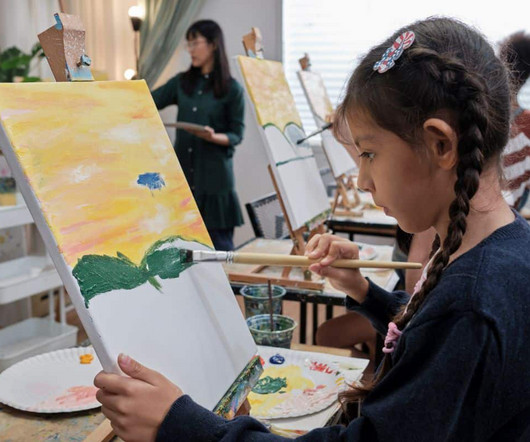How to Improve Brain Function and Reverse Poverty's Impact on Student Learning
Edsurge
OCTOBER 24, 2017
For years, research has shown that socioeconomic status is associated with differences in school readiness, cognitive development and achievement. Build Cognitive Capacity Every Day Cognitive skills are like apps that run the brain. Cognitive capacity is a core skill.












Let's personalize your content